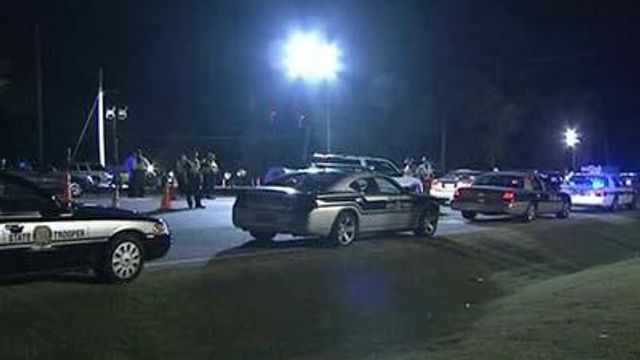Restaurant group pans DWI checkpoints
American Beverage Institute says roving patrols are more effective at catching repeat offenders. MADD and the Highway Patrol say checkpoints work well.
Posted — UpdatedThe American Beverage Institute maintains roving patrols that look for erratic drivers are better than DWI checkpoints at catching repeat offenders.
"They are not an actual safety measure," Sarah Longwell, managing director of the group, said of checkpoints. "They are not actually getting dangerous people off the roads. They are just inconveniencing responsible adults."
A major problem with the checkpoints, she said, is that they are highly visible and are publicized in advance, allowing hard-core drinkers to evade them.
Capt. Everett Clendenin of the Highway Patrol said Booze It & Lose It checkpoints in North Carolina have been very effective at catching drunken drivers and criminals.
In a campaign that ran during the second half of August and through Labor Day weekend, for example, 2,821 drivers were ticketed for DWI and 8,579 charges for criminal offenses were issued. Through the first two weeks of the holiday campaign, troopers have issued 1,705 DWI citations and 5,010 criminal charges.
"We set these up at locations that have demonstrated a history in the past of being effective by removing numerous impaired drivers off the highway," Clendenin said.
In pushing for the Highway Patrol and other law enforcement agencies to abandon the checkpoints, the American Beverage Institute took aim at Mothers Against Drunk Driving
"The mantra changed from 'don't drive drunk' to 'don't drink and drive,' and in that, they were targeting people who do drink moderately and responsibly," Longwell said of MADD. "Those are not the people who are out on the highways causing injuries and fatalities."
Craig Lloyd, MADD's executive director in North Carolina, said data shows people remember when they've seen a checkpoint for seven to eight years, which forces people to think about how they'll get home safely.
"We are very surprised to hear that (anti-checkpoint argument) because checkpoints are actually one of our most effective tools," Lloyd said. "It is very highly effective at deterring people that know that the checkpoints (are there)."
• Credits
Copyright 2024 by Capitol Broadcasting Company. All rights reserved. This material may not be published, broadcast, rewritten or redistributed.





